News
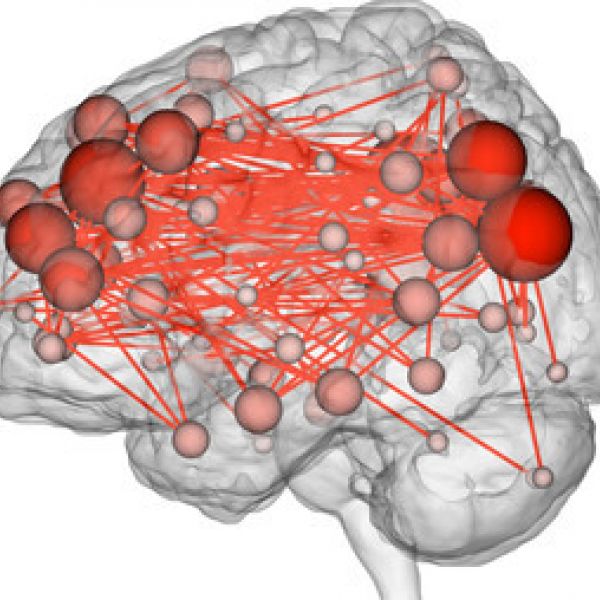
Aug 15, 2019
NSF grant to fund research on brain activity and scientific creative thinking
Roger Beaty, assistant professor of psychology and director of the Cognitive Neuroscience of Creativity Lab in the Penn State Department of Psychology, has received a $1.1 million grant from the National Science Foundation (NSF) along with co-investigators from two other institutions to collaborate on a project aimed at understanding and measuring creativity in the context of science.
Full Article

Jul 02, 2019
Forecasting infectious diseases: Improved prediction could transform treatment
By applying the same predictive strategies used in weather forecasting, Penn State’s Steven Schiff is changing the way we approach treatment of infectious diseases worldwide.
Full Article
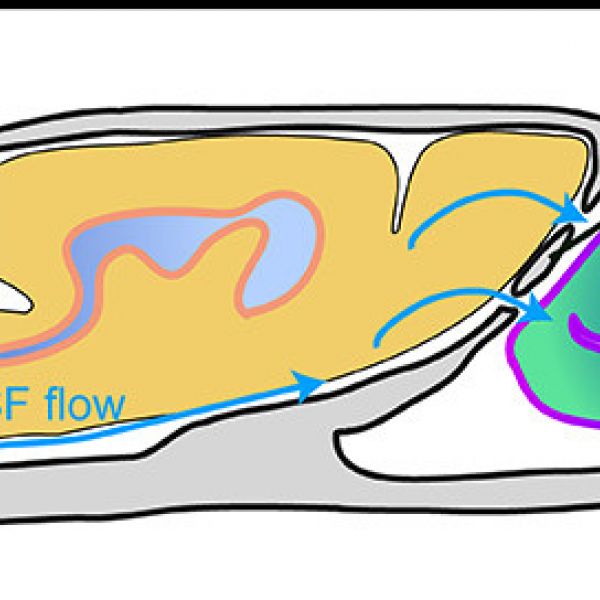
Jul 02, 2019
Sense of smell, pollution and neurological disease connection explored
A consensus is building that air pollution can cause neurological diseases such as Alzheimer's disease and Parkinson's disease, but how fine, sooty particles cause problems in the brain is still an unanswered question. Now a team of Penn State researchers, using mice, have found a possible way, but more research is still needed.
Full Article
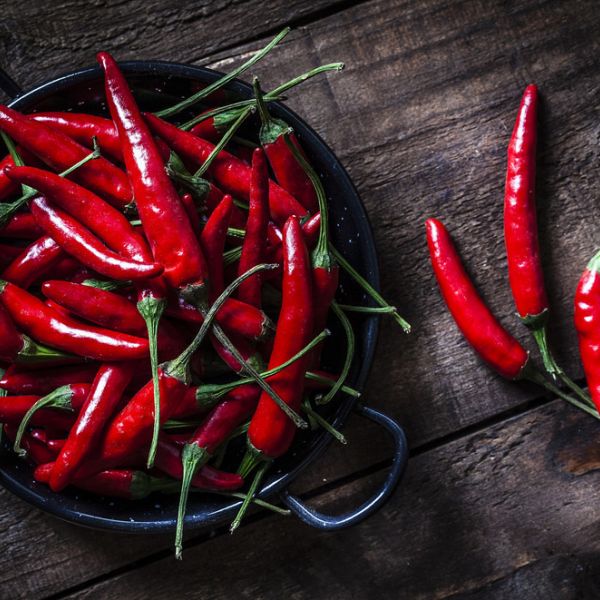
Jun 25, 2019
Milk: Best drink to reduce burn from chili peppers
People who order their Buffalo wings especially spicy and sometimes find them to be too "hot," should choose milk to reduce the burn, according to Penn State researchers, who also suggest it does not matter if it is whole or skim.
Full Article

Jun 21, 2019
Vanilla makes milk beverages seem sweeter
Adding vanilla to sweetened milk makes consumers think the beverage is sweeter, allowing the amount of added sugar to be reduced, according to Penn State researchers, who will use the concept to develop a reduced-sugar chocolate milk for the National School Lunch Program.
Full Article

Jun 13, 2019
Sensing food textures is a matter of pressure
Food's texture affects whether it is eaten, liked or rejected, according to Penn State researchers, who say some people are better at detecting even minor differences in consistency because their tongues can perceive particle sizes.
Full Article
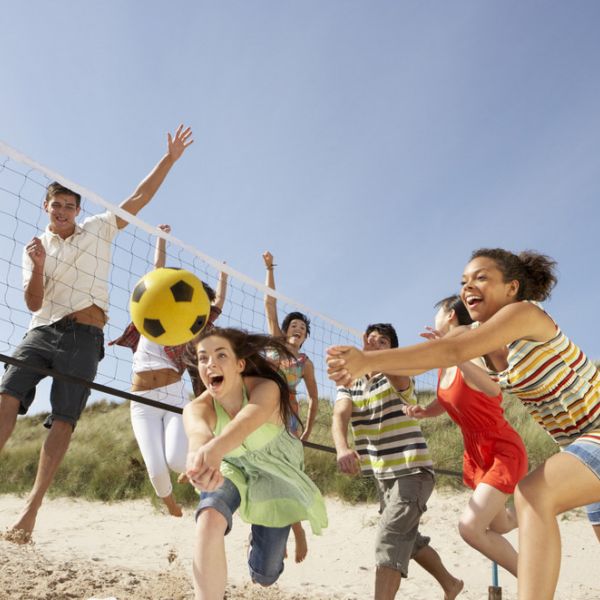
May 22, 2019
Exercise may help teens sleep longer, more efficiently
Getting more exercise than normal — or being more sedentary than usual — for one day may be enough to affect sleep later that night, according to a new study led by Penn State.
Full Article
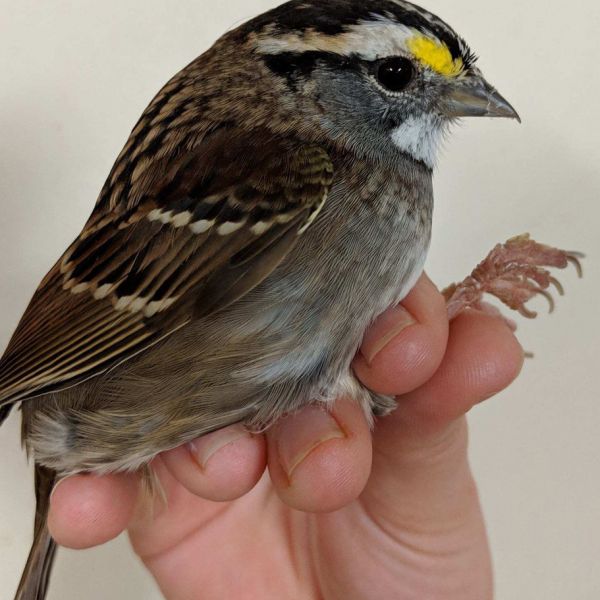
Apr 25, 2019
Songbird-body changes that allow migration may have human health implications
Songbirds that pack on as much as 50 percent of their body weight before migrating and that sleep very little, exhibit altered immune system and tissue-repair function during the journey, which may hold implications for human health, according to Penn State researchers.
Full Article
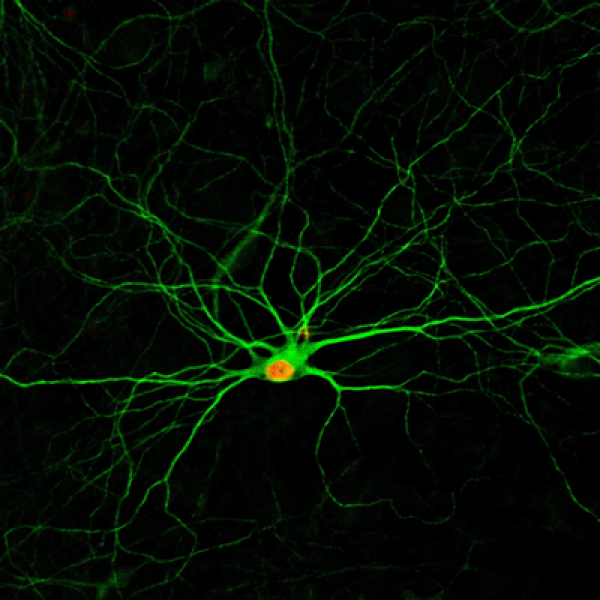
Feb 07, 2019
Simple drug combination creates new neurons from neighboring cells
A simple drug cocktail that converts cells neighboring damaged neurons into functional new neurons could potentially be used to treat stroke, Alzheimer’s disease, and brain injuries. A team of researchers at Penn State identified a set of four, or even three, molecules that could convert glial cells—which normally provide support and insulation for neurons—into new neurons.
Full Article
Feb 17, 2015
Nerve-cell signaling traced back to common ancestor of humans and sea anemone
New research led by by Tim Jegla shows that a burst of evolutionary innovation in the genes responsible for electrical communication among nerve cells in our brains occurred over 600 million years ago in a common ancestor of humans and the sea anemone.
Full Article